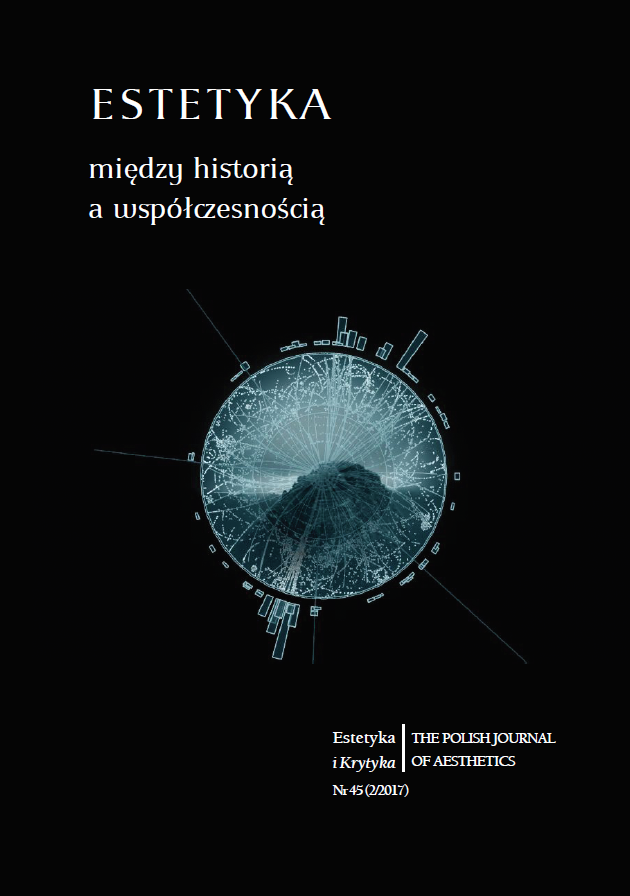Kryzys Lwa Tołstoja z lat 1874–1879 ukazany przez pryzmat uobecniania indyferencji
Leo Tolstoy’s Crisis (1874–1879) in the Perspective of Making Indifference Present
Author(s): Piotr OrlikSubject(s): Aesthetics, Russian Literature, Theory of Literature
Published by: Wydawnictwo Uniwersytetu Jagiellońskiego
Keywords: Leo Tolstoy;crisis;art;literature;the meaning of life;making indifference present;anticipation of indifference;
Summary/Abstract: The 70s of the 19th century fulfilled Leo Tolstoy’s dreams from his youth. War and Peace and Anna Karenina brought him recognition and literary fame, his family life was flourishing in Yasnaya Polyana, and he was full of vital and creative strength. Despite auspicious circumstances, the writer was experiencing a severe crisis and in his confessions from 1879 he expressed his feeling of a collapse of the foundations of his life, as well as a total loss of his life’s meaning. The following article interprets Tolstoy’s experience of crisis in the perspective of making the indifference present, conceptions of which were developed by the author in other texts. This allows for presenting: (1) universality (the acts of anticipation of indifference are present in the works of other artists and thinkers); (2) specificity (the torment of the question “what for?” has to do both with literature and family life); (3) limitations (Tolstoy’s A Confession from 1879 carries out the anticipation of indifference in a radical way, but he abandons the concept in its advanced stage); (4) relationship with his previous work (Anna Karenina) and his later work (The Death of Ivan Ilyich, What is Art?); (5) continuance (coming back to the abandoned process of anticipation of indifference) in his unfinished short story that was in development in between 1890–1898 (Father Sergius).
Journal: Estetyka i Krytyka
- Issue Year: 45/2017
- Issue No: 2
- Page Range: 119-142
- Page Count: 24
- Language: Polish

